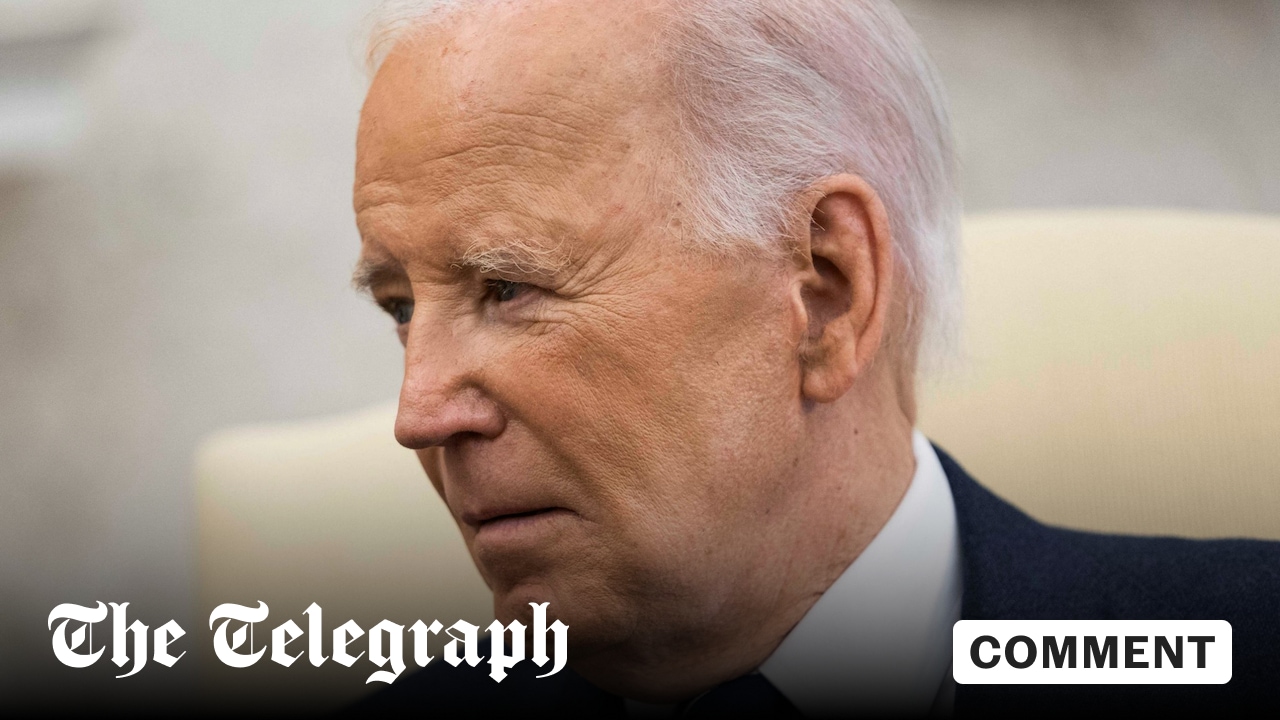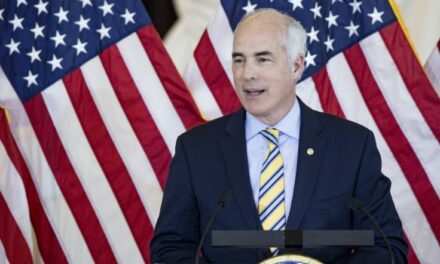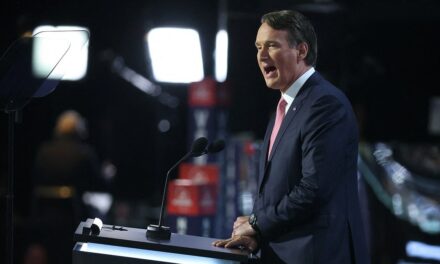We support our Publishers and Content Creators. You can view this story on their website by CLICKING HERE.

American politics is sinking deeper and deeper in the muck during the final week of an increasingly negative and vitriolic campaign. The latest foul addition to the Augean stables is to call whole groups “garbage”.
Bad as that language is, the problem is even greater. It’s also the lame excuses for it, the failure to condemn it immediately when someone on “our side” uses it. That failure suggests the language is either tolerable or trivial. It’s neither.
This vile language needs to be condemned – clearly and immediately, without excuses – not for political gain but because it is the right thing to do, both for ethical reasons and for the greater good of the country. Trash-talk cheapens our politics and deepens the fault lines in an already deeply-divided country. When both sides refuse to condemn it promptly and unequivocally, we are sinking into the muck.
And so we are. Two recent episodes illustrate the point. Each side is responsible for one of them.
The first and most highly-publicised one happened at a giant Trump rally last week in New York’s Madison Square Garden, where an “insult comic” called Puerto Rico an island of floating garbage. The crowd, to its credit, didn’t laugh. But that’s not enough. The scheduled speakers should have condemned that language immediately, that night, and not just because Puerto Rican votes in Pennsylvania could affect the presidential election and those in Florida could affect the US Senate race. Republicans at the rally should have condemned it for basic ethical reasons. They didn’t. Shame on them.
When those speakers remained silent, they handed Democrats – and their media allies – a political gift. MSNBC, CNN and their ilk opened it gleefully. They made the comic’s trash-talk a huge, three-day story to help their favourite side win the election.
What will the same outlets do now that the sitting president has used the same language? He’s not a minor, warm-up comic. He is the elected leader of the entire country. Now, in his wisdom, President Biden has smeared half the country he governs. He didn’t stop there. He added that some Trump supporters were “un-American”.
Calling opponents “garbage” is new for Biden, but sliming opponents and calling them “un-American” is familiar stuff. He’s not alone. Those smears and “threat to democracy” are recurrent Democratic campaign themes. Recently, they have begun adding that Trump is a “fascist”. (That’s not entirely new, but it has been used more in recent months.)
Republicans trot out their own smears. Trump calls some of his opponents “the enemy within,” not political adversaries. Note that he’s talking here about democratically-elected officials, not Antifa, domestic terrorists, or drug cartels.
This vile language has a tactical political goal. Actually two of them. It aims to generate enthusiasm – and anger – among supporters and discourage turnout among opponents. Studies have shown that this negative language often works.
For existing supporters, it’s a “get out the vote” and “give us more money” strategy. The secondary effect is to discourage voters on the other side, though that tactic is likely to backfire because the hyperbolic language and direct attacks on them (and not merely their candidate) is bound to infuriate them. That language is not aimed at the dwindling ranks of undecided voters, except perhaps to encourage them to stay at home instead of voting for the opposition.
Whatever the short-term gains of these attacks, they carry heavy long-term costs. They weaken two central pillars of a stable constitutional democracy: The legitimacy of opposing candidates, if they are elected; and therefore peaceful contests to choose them, followed by peaceful transfers of power.
Hard political fights don’t have to sink to this vitriol. Partisan media outlets don’t have to imitate Spinal Tap and constantly turn their amplifiers up to 11. They don’t do it to inform. They do it to increase their parochial audience, looking to confirm their prejudices, and to help their side at the polls.
The result corrupts our public discourse, our civil society, and our democratic polity. The purveyors should heed the condemnation that ultimately ended the career of Senator Joe McCarthy, “You have done enough. Have you no sense of decency?”
Charles Lipson is the Peter B Ritzma Professor of Political Science Emeritus at the University of Chicago. His latest book is Free Speech 101: A Practical Guide for Students. He can be reached at charles.lipson@gmail.com

 Conservative
Conservative  Search
Search Trending
Trending Current News
Current News 





